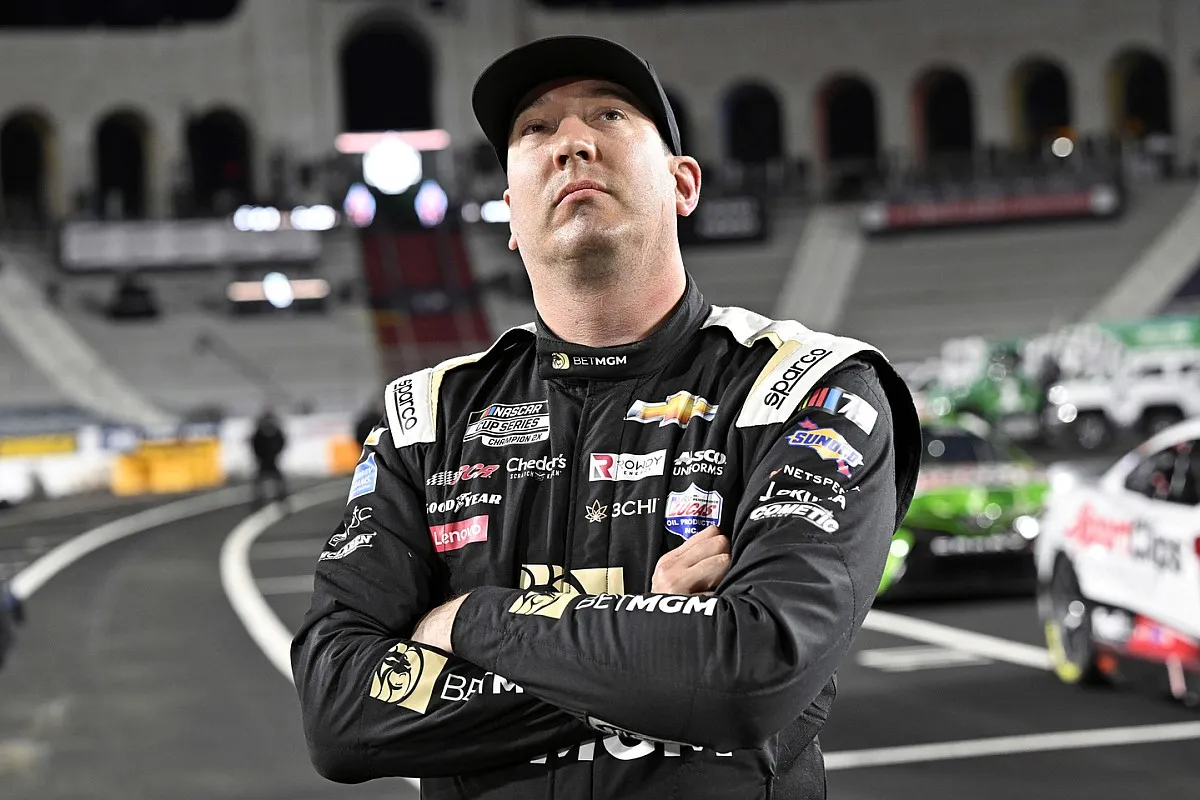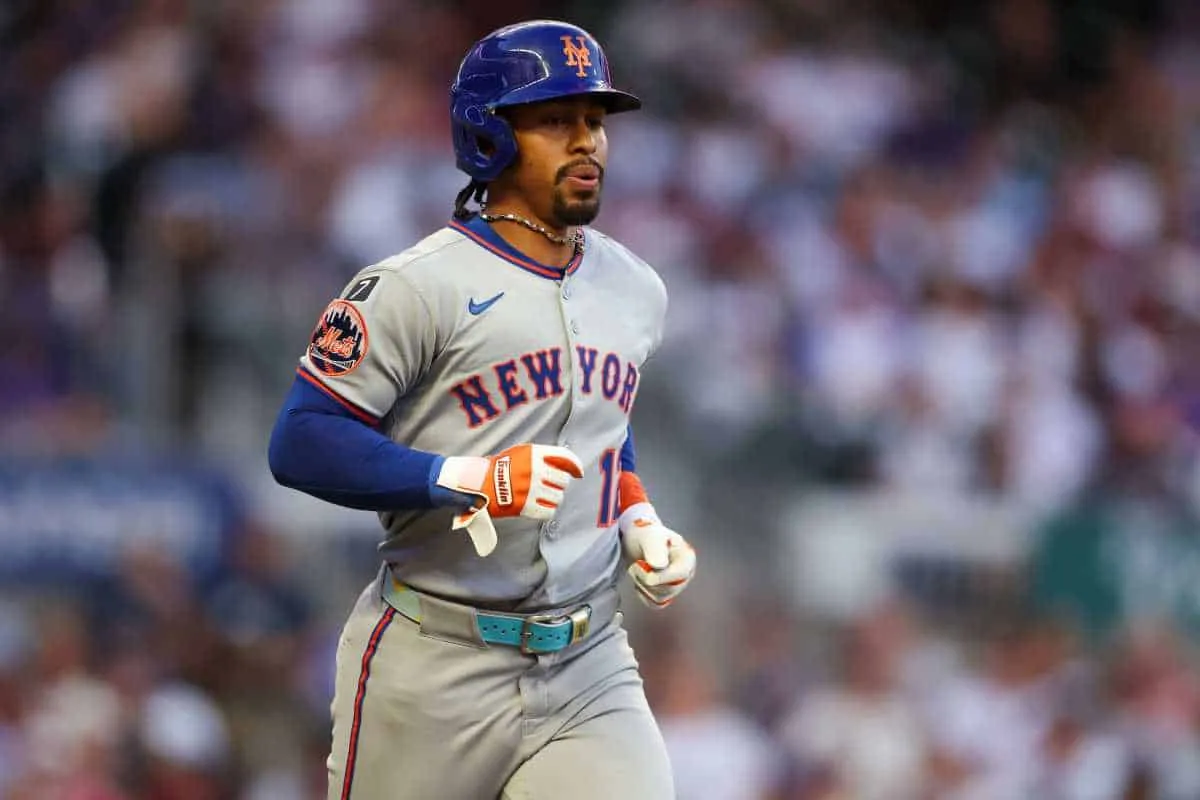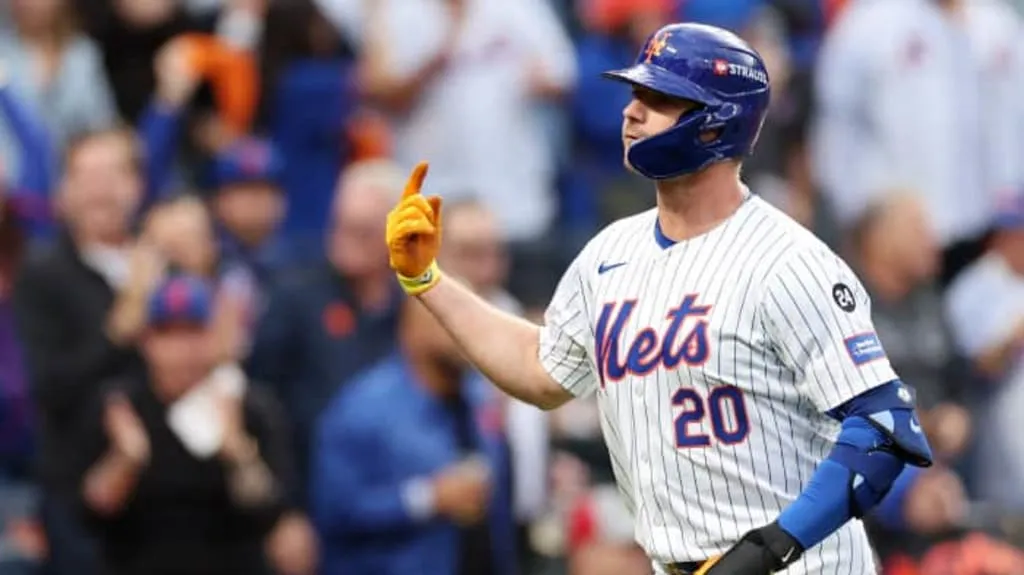
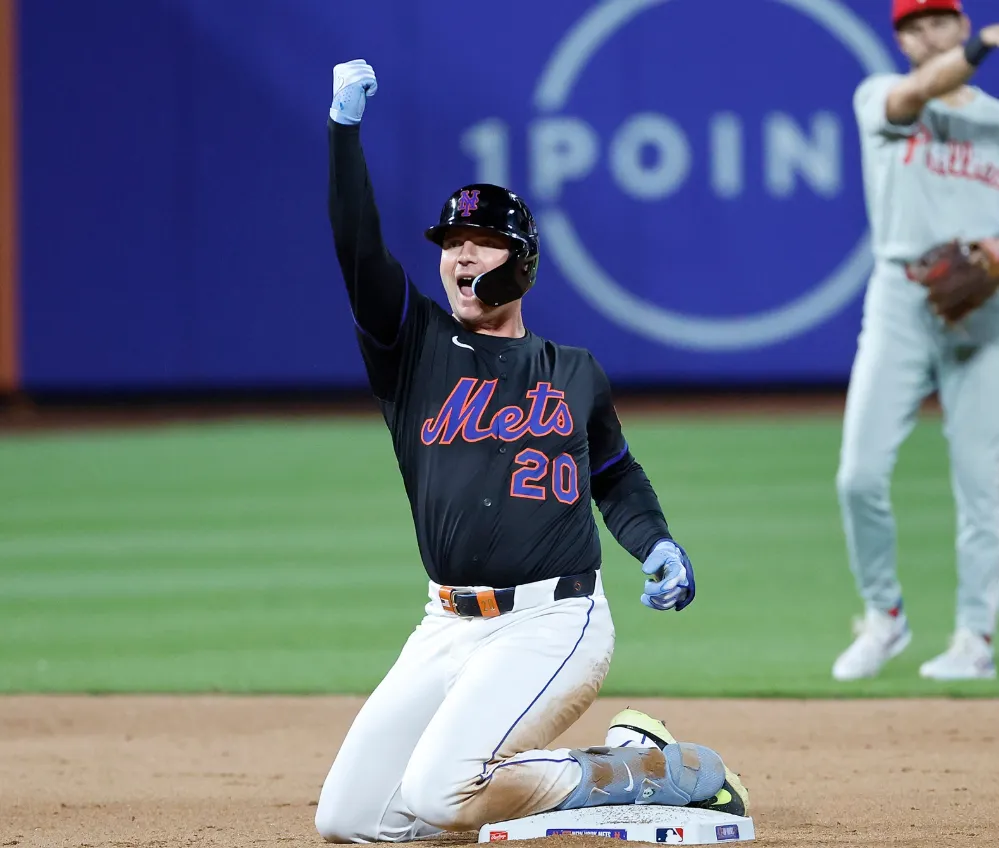
Why Is the Contract Extension for Pete Alonso and Kyle Tucker Not Simple: The Secrets Behind the Negotiations Promise to Be Full of Turbulence?
The MLB landscape is shifting, and two of its brightest stars—Pete Alonso of the New York Mets and Kyle Tucker of the Houston Astros—are at the center of complicated and increasingly turbulent contract extension discussions. While fans are clamoring for long-term deals to secure their franchise cornerstones, the behind-the-scenes reality is anything but straightforward. Between financial dynamics, team strategies, market inflation, and player ambitions, the road to contract extensions for Alonso and Tucker is full of sharp turns and potential fallout.
Pete Alonso’s contract situation: The face of the Mets with unresolved future
Pete Alonso, affectionately dubbed the “Polar Bear,” has become the emotional and competitive core of the Mets since his electrifying rookie season in 2019. With multiple 40+ home run seasons, a Home Run Derby crown, and vocal leadership, Alonso is undoubtedly a franchise player in the eyes of fans. Yet, despite his production, contract talks have hit multiple snags.
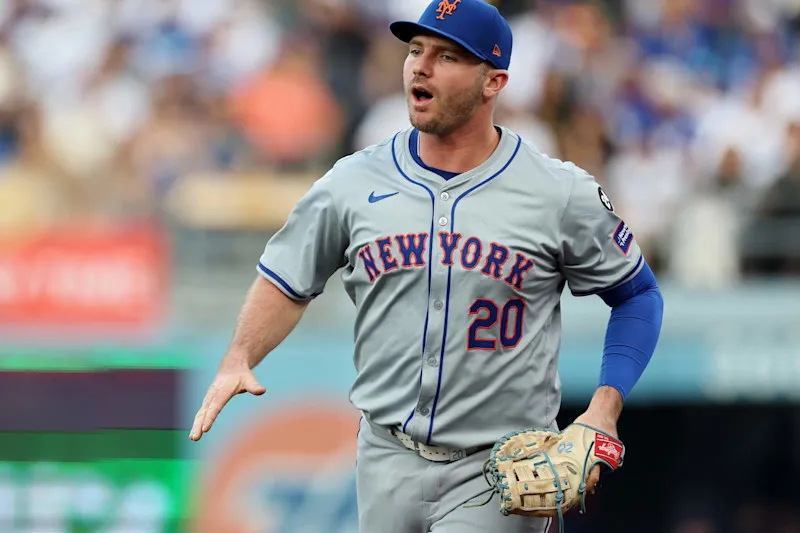
Why the hesitation? First, the Mets’ ownership, under billionaire Steve Cohen, has adopted a long-term strategy combining big spending with organizational development. That includes being cautious about locking up players into mega-deals without considering long-term roster flexibility. While Alonso has the numbers to justify a big contract, concerns linger about defensive metrics and potential decline later in a lengthy deal.
Alonso, who is entering his final arbitration year, is expected to command a deal in the range of $200 million. But the Mets’ front office might hesitate to commit that much, especially considering the franchise’s desire to eventually develop a more agile, analytics-driven roster.
Kyle Tucker’s uphill battle: Consistency versus front office caution
In Houston, Kyle Tucker has quietly built a reputation as one of the most consistent and well-rounded outfielders in the league. A Gold Glove winner, a Silver Slugger, and a pivotal part of the Astros’ championship runs, Tucker’s combination of contact hitting, power, and defensive prowess make him invaluable.
Despite that, the Astros’ front office has been notoriously cautious when it comes to handing out long-term extensions. While players like José Altuve and Yordan Alvarez secured early deals, Tucker’s case is more complicated. The team’s historical reluctance to overpay—combined with their confidence in player development depth—has led to drawn-out negotiations.
Tucker is reportedly seeking a contract in the $175–200 million range, which would reflect both his performance and the rising value of elite outfielders. But Astros GM Dana Brown has emphasized payroll balance and has yet to show urgency in closing a deal, raising alarms about whether the two sides can find common ground before free agency looms.
Market inflation and positional value: The hidden contract challenges
One of the biggest factors complicating both Pete Alonso and Kyle Tucker’s extensions is market inflation. The value of top-tier position players has skyrocketed, especially as new television contracts, team revenues, and expanded postseason formats have injected more money into MLB.
For Alonso, this means that a power-hitting first baseman might demand a salary rivaling those of elite shortstops and center fielders, positions traditionally viewed as more defensively valuable. That perception problem can lead to front offices undervaluing his long-ball heroics when calculating long-term commitments.
In Tucker’s case, his elite two-way profile—offensive consistency and defensive reliability—should place him in the category of $200+ million players. However, outfielders not named Aaron Judge or Mookie Betts often struggle to break that ceiling unless they also carry massive marketing or leadership weight.
The contracts of comparable players such as Freddie Freeman, Matt Olson, and Byron Buxton serve as barometers—but they also highlight the volatility in how front offices assign value. Both Alonso and Tucker are essentially victims of their positions not being “marquee” enough in contract negotiations.
Franchise direction: Competing goals and roster philosophy
For the Mets, Pete Alonso symbolizes grit and loyalty—but the front office, particularly under President of Baseball Operations David Stearns, is focused on long-term competitiveness rather than emotional connections. The strategy includes rebuilding the farm system, possibly pivoting toward younger, more versatile players, and keeping the budget flexible for strategic acquisitions.
Locking up Alonso could complicate future deals or clog the payroll with a potentially immobile contract if his production drops. There’s also the lingering pressure of past long-term deals (like Francisco Lindor’s) that haven’t always translated into postseason success.
In Houston, Kyle Tucker finds himself on a team that’s already built to win—but faces the reality of future cost containment. With stars like Altuve and Bregman aging, and young talent like Jeremy Peña stepping up, the Astros are at a crossroads. They must decide whether Tucker is the future face of the franchise—or a valuable asset they can flip before free agency.
This philosophical crossroads adds complexity to any extension. Both franchises are trying to walk a tightrope between honoring current stars and planning for the next wave of talent.
Player perspective: Personal goals and negotiation leverage
While front offices crunch numbers, Pete Alonso and Kyle Tucker have their own priorities. Alonso has often expressed a desire to stay in New York, appreciating the spotlight and the challenge of delivering the Mets a championship. But he also knows his value and won’t take a discount simply to appease ownership.
Tucker, more understated publicly, has similarly hinted at wanting a long-term home in Houston—but not without compensation that reflects his status as a top-tier outfielder. Players are becoming more aware of how short careers can be and how crucial it is to maximize earnings during their peak years.
Both players have elite agents who understand the current market and are unlikely to allow extensions below market value. That means negotiations will likely stretch until at least the final year of arbitration eligibility—or even into free agency. For fans, that’s a nerve-wracking prospect.
Fan expectations and franchise identity: The emotional pressure
Fans in both New York and Houston are heavily invested in keeping their stars. For Mets fans, Pete Alonso represents the spirit of resilience and heart that has defined the team in its modern era. Letting him walk—or trading him before free agency—would be seen as a betrayal.
For Astros fans, Kyle Tucker is a symbol of continuity and success in the post-Correa era. Losing him without a clear replacement would spark outrage and uncertainty, especially given the team’s recent playoff consistency.
Franchises must now weigh emotional loyalty from the fanbase against cold hard economics. And in today’s MLB, emotion doesn’t always win. The risk of public backlash, dwindling attendance, or clubhouse chemistry shifts adds an extra layer of turbulence to negotiations.
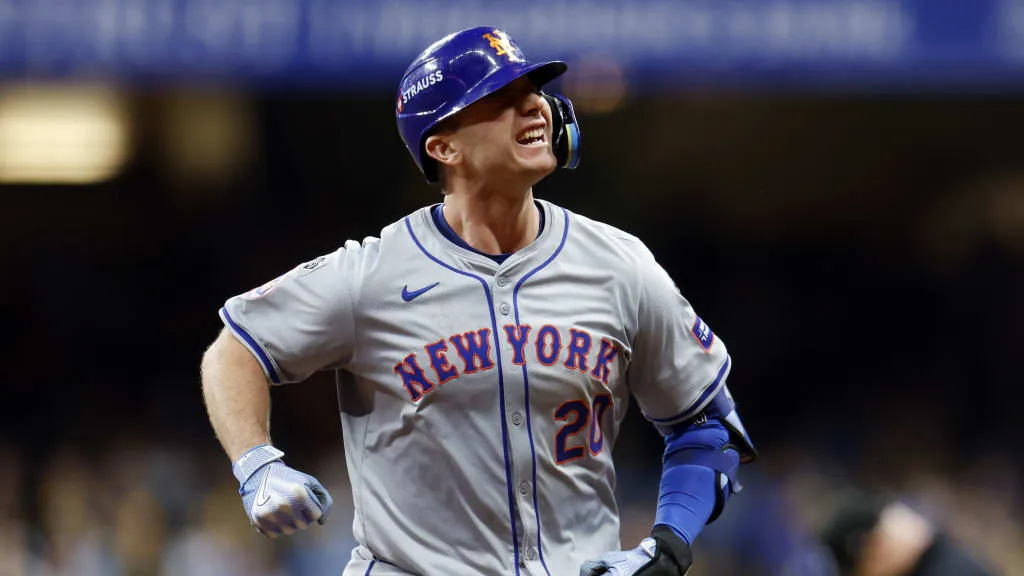
Could trades or free agency loom on the horizon?
The most uncomfortable truth for both the Mets and Astros is this: if contract talks stall, Pete Alonso and Kyle Tucker could become trade bait or test the waters of free agency. In Alonso’s case, a team looking for a power bat might overpay in a trade if the Mets feel uncertain about a long-term commitment.
Tucker, meanwhile, could fetch elite prospects if the Astros decide they can’t meet his price and want to avoid losing him for nothing. Both scenarios would mark seismic shifts in each franchise’s future and test fan loyalty.
While trades are not imminent, the possibility looms larger with each passing day that negotiations remain unresolved.
Conclusion: A storm of value, timing, and identity
The contract extensions for Pete Alonso and Kyle Tucker are more than just financial negotiations—they’re intricate puzzles involving franchise direction, market shifts, personal ambition, and emotional weight. Both players have earned the right to demand top-tier deals, yet the realities of the MLB business world may prevent quick resolutions.
As front offices navigate these murky waters, fans watch anxiously. Will their stars stay and become lifelong franchise legends? Or will the pursuit of financial flexibility and roster evolution lead to painful goodbyes?
One thing is clear: the stories of Alonso and Tucker will be defining narratives of the next MLB chapter, and how their teams handle these negotiations could shape their futures for years to come.








